Wild camping is an experience I’d recommend to anyone who loves the great outdoors. When everyone else has gone home you have the place to yourself – and the chance to see spectacular sunsets, sunrises, mist filled valleys and the most amazing dark and stary night skies you’ll ever see.
Wild camping in the Lakes – a ‘bucket-list’ experience
Whilst I love my home comforts, it’s a good tonic for the soul going on a wild camp and gives you a chance to reset & recharge. There’s nothing quite like the chilled peace and quiet perched high up a mountain side, with no one else about, no mobile phone signal and the only sounds being the sound of the breeze and running water from distant waterfalls. As long as you’ve got the right kit to make it an enjoyable time (and get a good nights sleep 🙂 then its total bliss and an experience you’ll never forget.
Don’t be an idiot – be respectful and leave no trace!
Wherever you camp, it is vital to be responsible, which means being respectful to the environment (and definitely leaving no rubbish after your visit) and also considerate to locals. If we are responsible – it doesn’t tarnish the name of wild campers and avoids bad press and further crackdowns on wild camping! With more people getting intio the outdoors (a good thing!) unfortunately a minority of people are spoiling things – but trashing some places and peeing off locals – which we want to avoid! Before cracking on with my tips – if you are new to wild camping – please take note of the points below:
WILD CAMPING - THE BASIC RULES:
BE CONSIDERATE & LEAVE NO TRACE
- Leave no rubbish at all, if you can carry it with you - you can carry it back! This is becoming a big problem of a small minority - who are coming to be termed 'fly campers'. There is nobody to clean up after you out in the wilds - so your rubbish will stay for years & years, being not only an eye sore - but being a danger to wildlife and polluting natural areas an damming it more likely wild camping will be clamped down on further
- Camping at ground level, next to a lake or in a field, near a road or buildings IS NOT wild camping (locals really don’t like this and there is a good chance you will be moved on by police or wardens - and it's no fun looking for another camp spot in the dark!)
- In the Lake District, wild camping is tolerated above 400m, or above the highest fell wall - when you are well out the way from anyone else. If you can see people & houses and cars - they can see you and won’t be happy, so ensure you pitch in spots which are well out the way.
- Ensure you are considerate to others, which means pitching late and leaving early, and only stay for 1 night
- Don't be a nuisance to others which means keeping the noise down - people wild camp to get a bit of peace and quiet. If you want to have a bit of a drink and party - there are other places for that
- If you can’t fit everything in your rucksack - then it’s not really wild camping. For me, the stuff you take wild camping should be much less than when you go camping on a campsite - it's a different type of camping and the simplicity enhances the experience. I also think the most rewarding wild camping experiences are when you feel like you are remote, reaching those spots that are more of a challenge - so a hike of at least an hour is a must or you're cheating!
- Do not have fires or BBQ’s - it scorches the earth! BBQ's are difficult to dispose of so often get left (a big problem), and fires and scorched earth looks a right mess for others that follow, which takes years to recover. It’s also a potential cause of wild fires in dry conditions. I know people have the ideal of a wild camp next to a fire. But there's no need for it - you can't carry enough wood for a substantial fire, it stinks your clothes and leaves a big mess. Definitely do not chop down tree's for firewood too - this isn't sustainable.
- Above all - Follow the simple rule - leave no trace. This keeps natural beauty spots looking pristine, and stops giving wild campers a bad reputation (if we don’t look after these places - there’s a chance National Park Authorities will clamp down more strictly
- Finally, this can sound all negative. I think people getting into the great outdoors is a good thing - but a minority are spoiling it, trashing places and giving all wild campers a bad reputation. So it's up to all of us (most outdoorsy people are decent!) to encourage more responsibile & considerate use of the outdoors through our social media activity alongside photos of our outdoors adventures . If we each do our bit, it spreads like ripples through a pond and these natural places will stay pristine for everyone to enjoy

The above scene represents the trashing of a beauty spot and whilst it’s a minority of idiots doing this – it seems to be on the rise and definitely something that nobody wants to be encouraging – who do these people think cleans up after them??!!!??
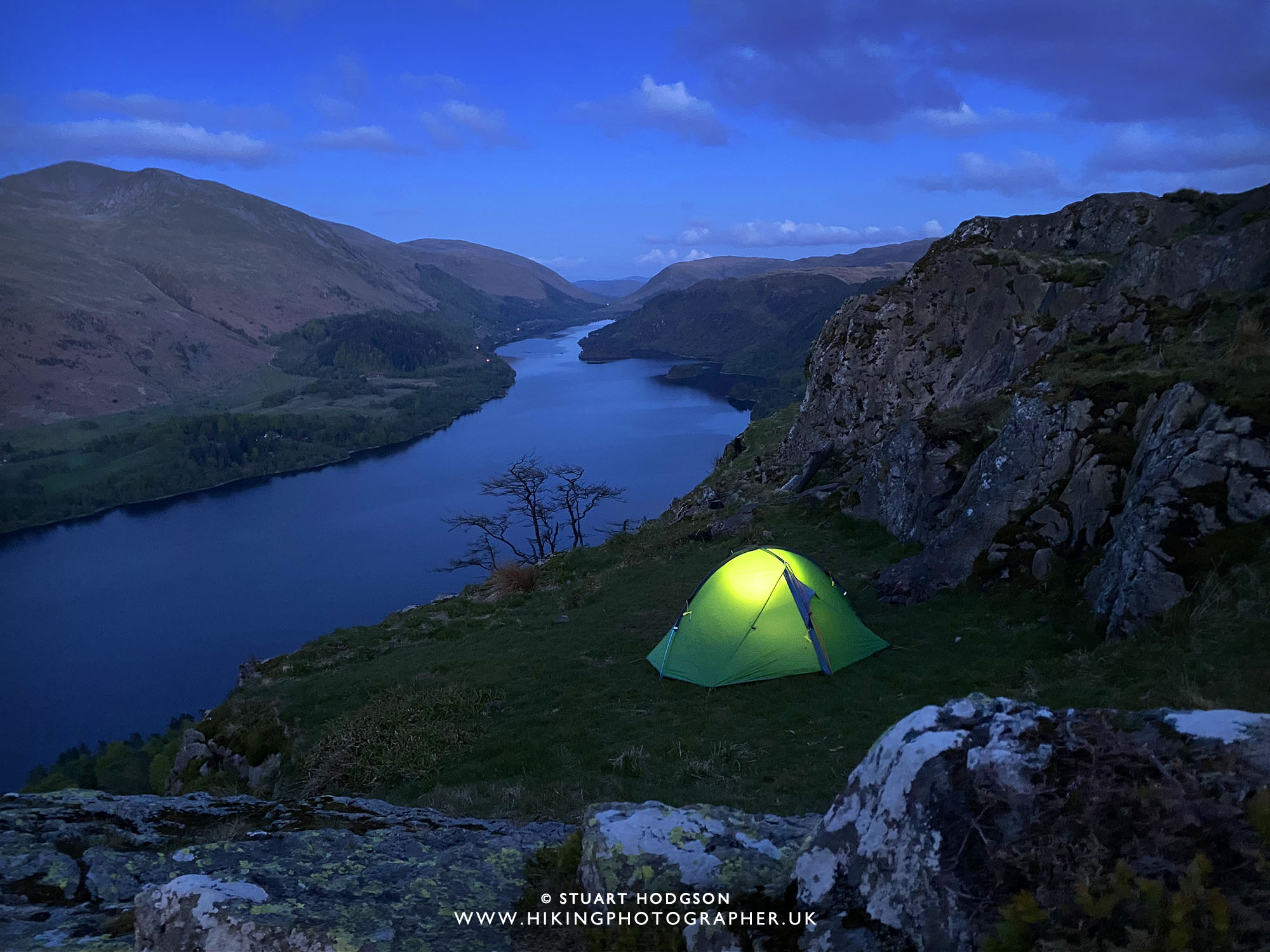 |
| Through my blog I want to encourage the right sort of wild camping, because if done right it will be an unforgettable experience! |
Tips for Wild Camping in the Lake District
#1. Get the right wild camping equipment
USEFUL POST
#2. Plan the right location in accordance with the weather forecast
#5. Prepare for some amazing stary night skies
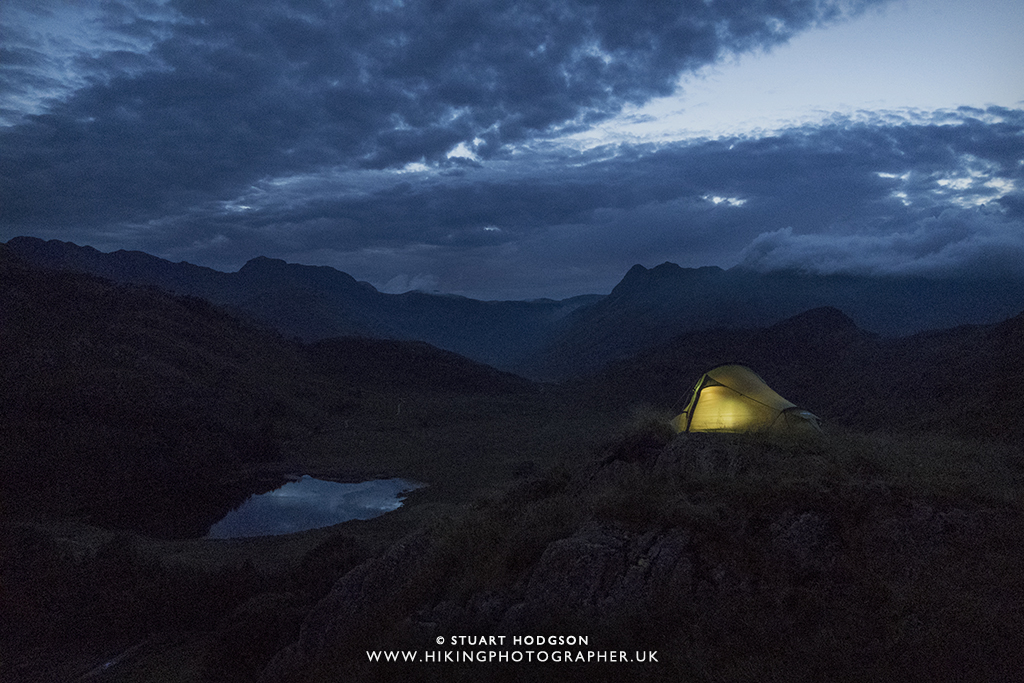 |
| If you are very lucky and get some clear night skies in the Lake District – then prepare for a spectacular star show unlike no other you have seen. If a blanket of cloud moves away and leaves clear skies to roll in – it’s not time to get some sleep – just take some time to marvel at the stars! Just make sure you have plenty of warm layers to let you sit outside
|
#6. Set your alarm to wake up early for incredible sunrise scenes
|
||||||
| When you peak your head out of the tent you never know what to expect – sometimes you’ll wake up early expecting a sunrise but instead it may be a bit murky – still you’ll get some stunning views and a head start on the day! |
#7. Take enough food (& water) to fuel a good adventure
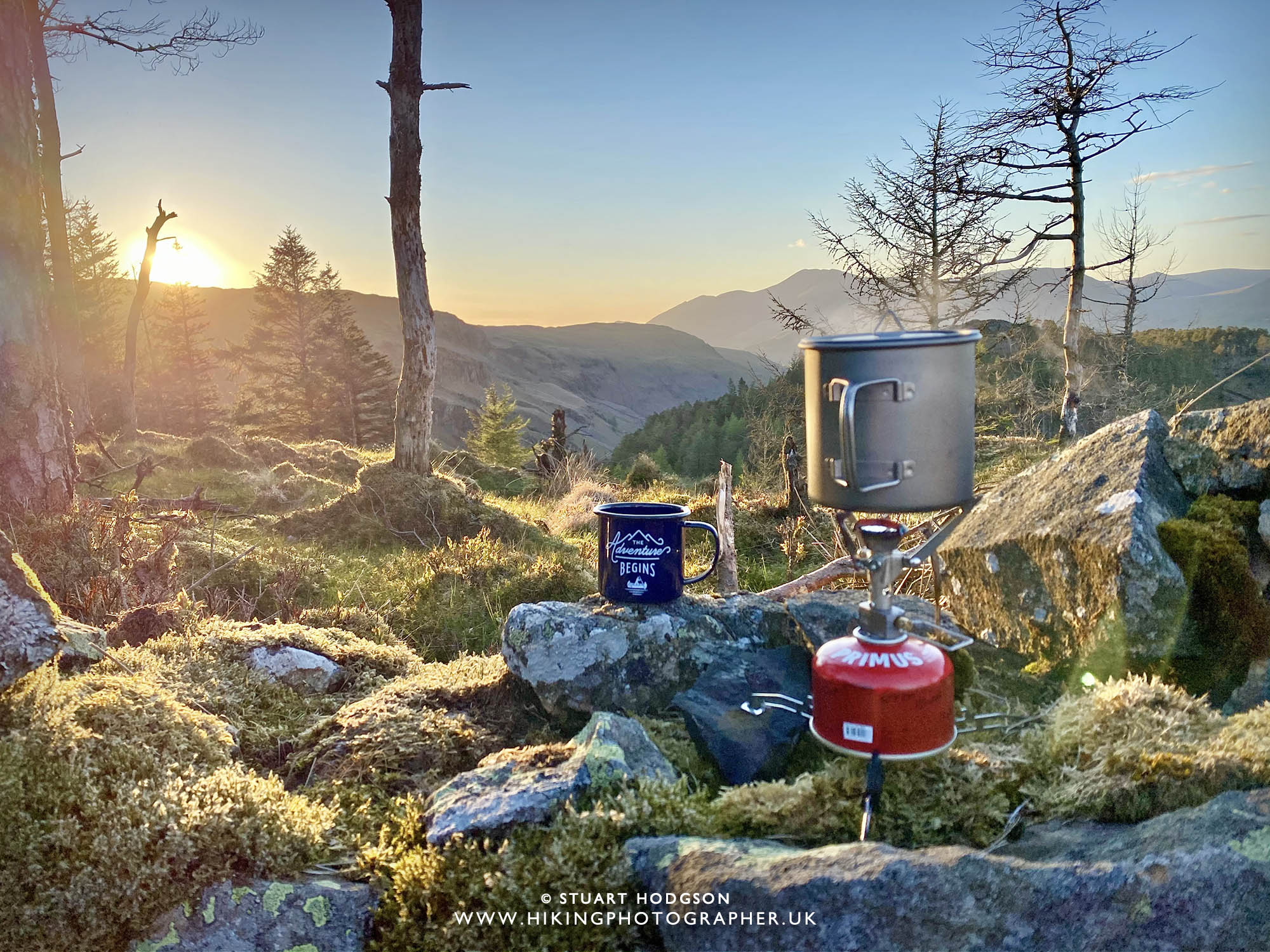 |
| So you’ve done all the preparation, you’ve got to your ideal location and the views are incredible and you’ve got the right kit to keep you protected from the elements. But you’ll also want to have the right food to not only keep your hunger at bay and fuelled for your trip, but to also make it really enjoyable. You’ll want to pack light-weight non-perishable snacks full of carbohydrates, and for warm meals I prefer those that are easy to make by just adding water and don’t require much cleaning up after. There are loads of rehydrated meal options out there – so test a few at home and just go with what you will enjoy the most. If in doubt about amount to take, go for a bit more rather than a bit less. I also like to take a few treats, which usually involve a couple of cans of IPA and a bag of nuts! Through experience you’ll eventually learn what to take for your own needs and enjoyment. And that is that for my tips, now onto some locations… |


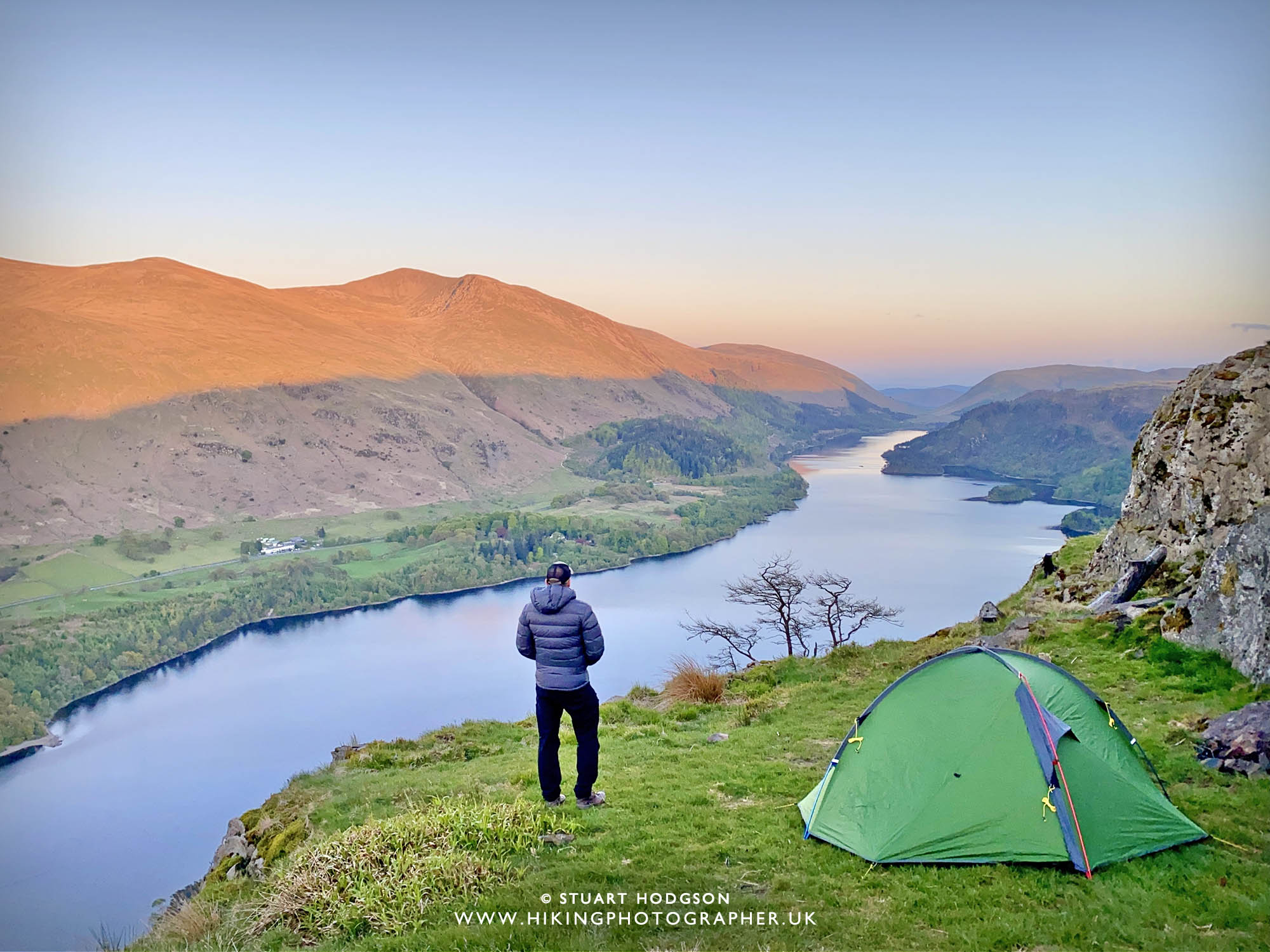
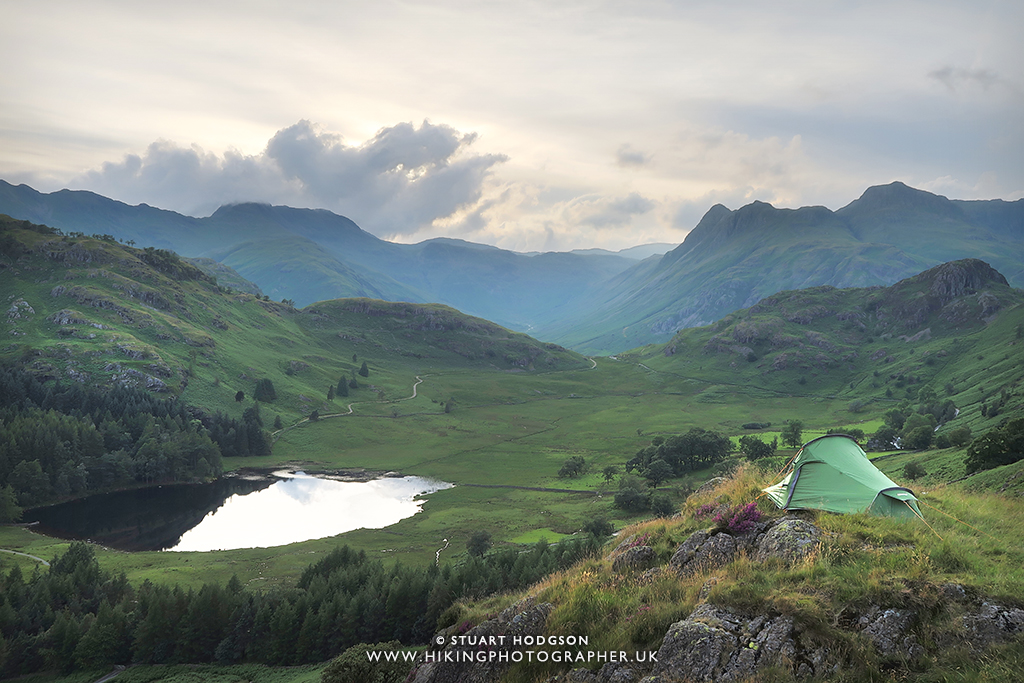
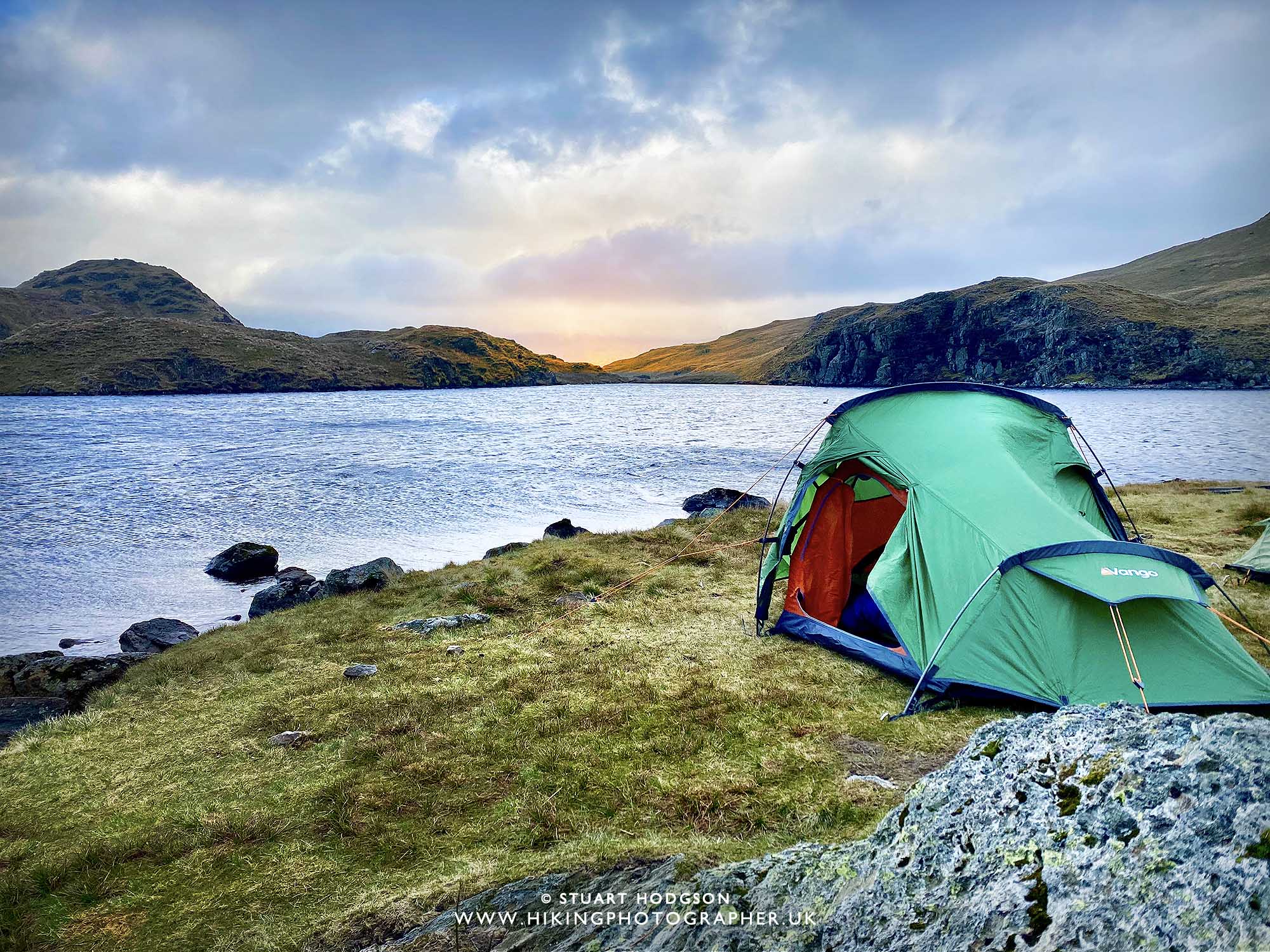
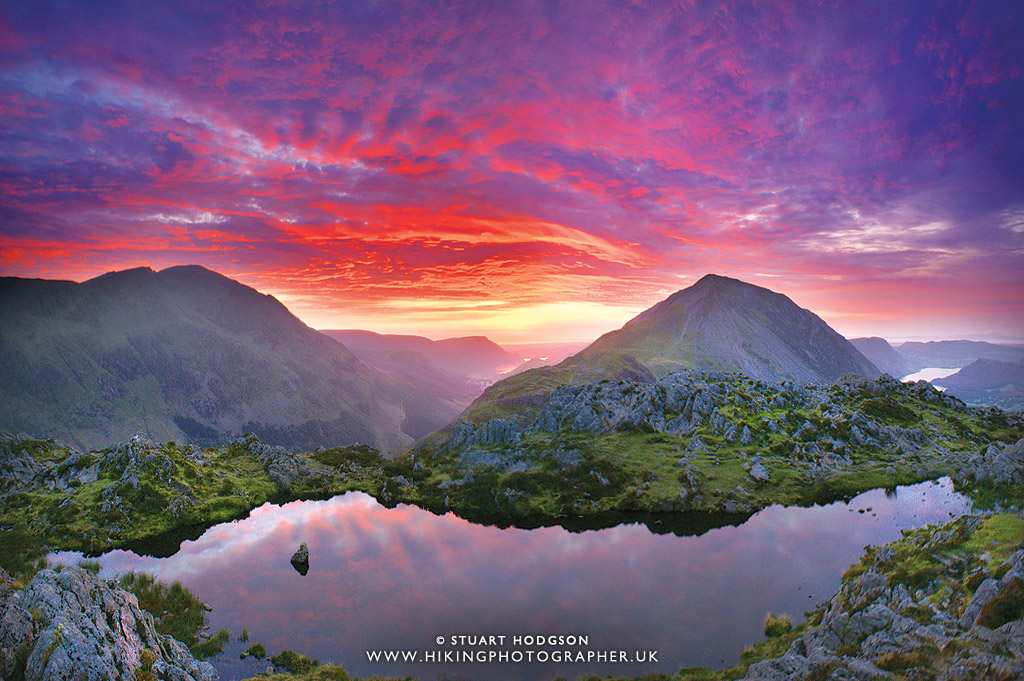


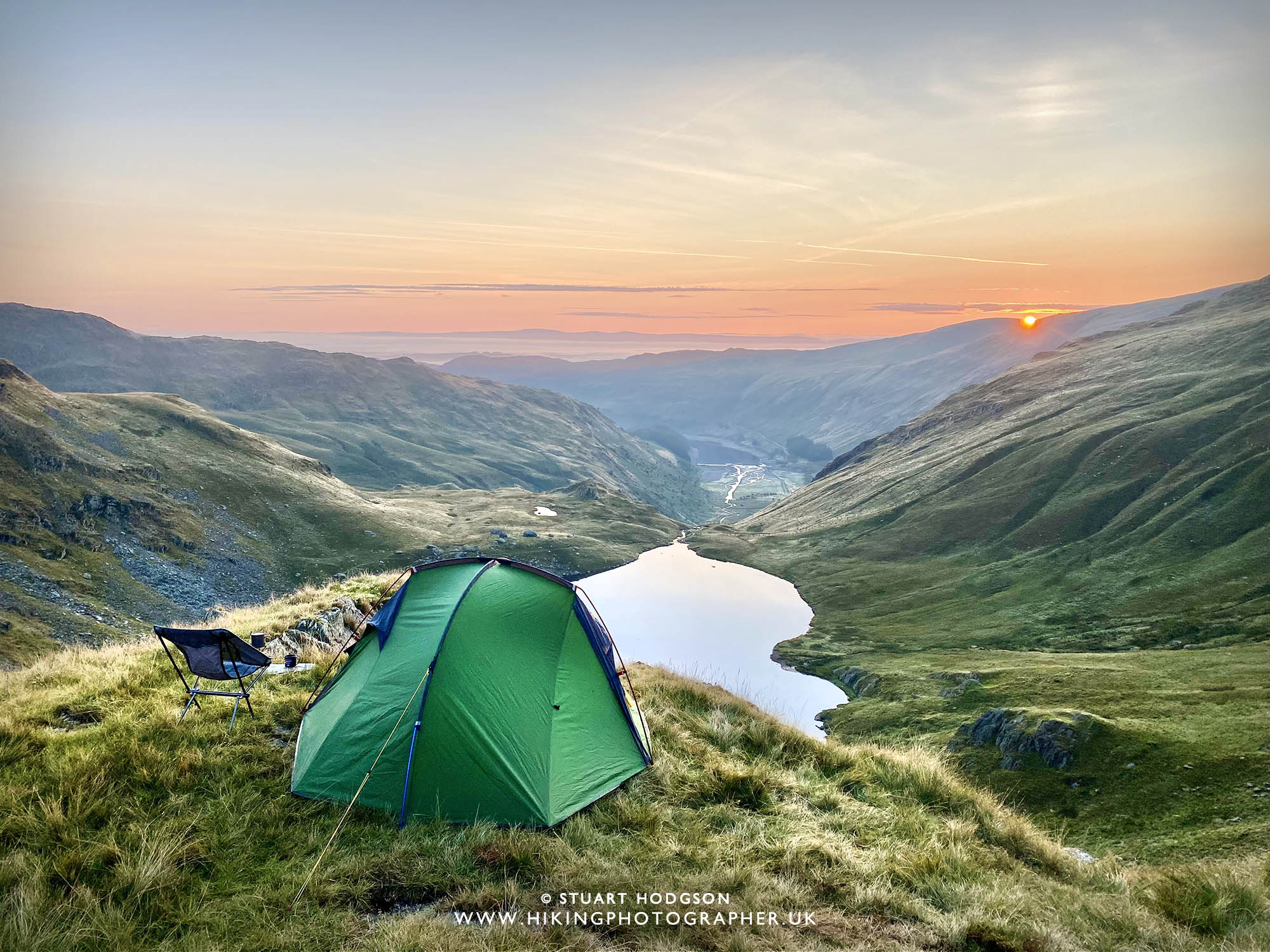

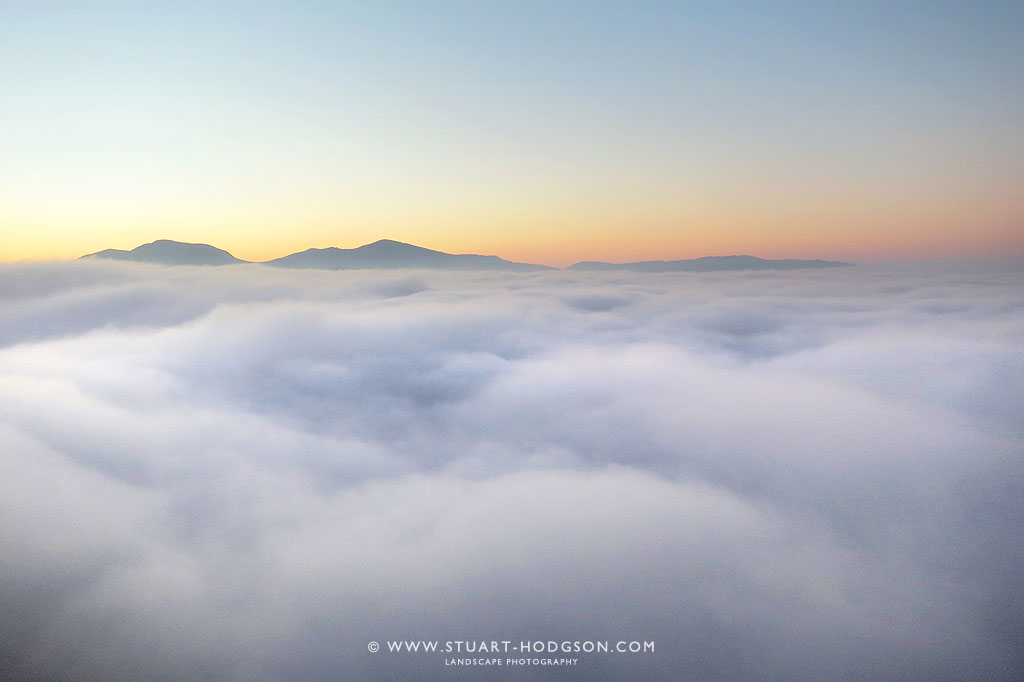
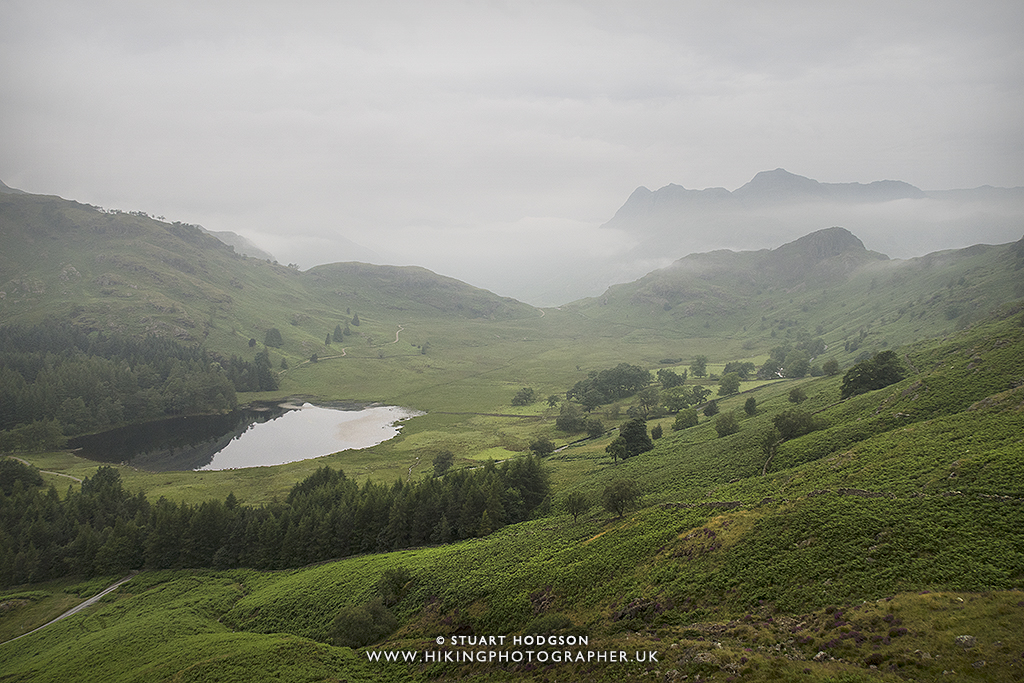




Awesome post
Thanks Larry glad you enjoyed reading it
Well I've a good read off this blog, thank you. Never camped before, even as a child so about to start my first camp ever "NEWBIE" within the next month. It is within my preperation of Cycling in the Philippines 5000 miles North to South, and a Guiness world record, camping daily taking me 3 months to complete. I am one of those guys that has "All the gear but no idea. I am excited yet scared as too what to expect and what I am getting myself into.
Hi John – pleased you enjoyed it and it's inspire you. Your never too old to start camping haha – sounds like an amazing adventure you've got lined up there. Any place I can follow it? Insta / Facebook?
Thanks, very good information 🌿🍀🌤
Cheers Rob – glad the wild camping info is of use to use – enjoy your trip to the Lakes